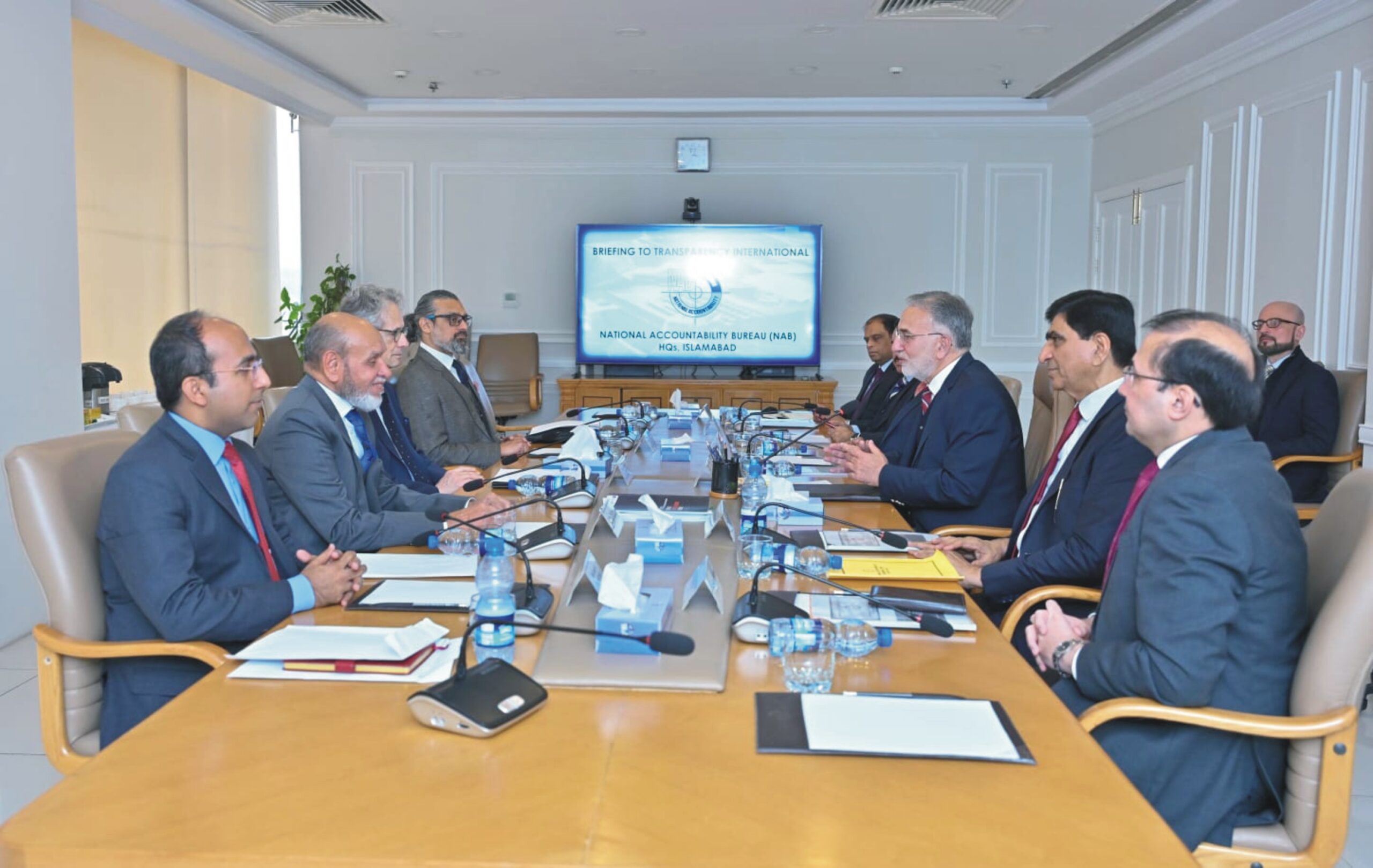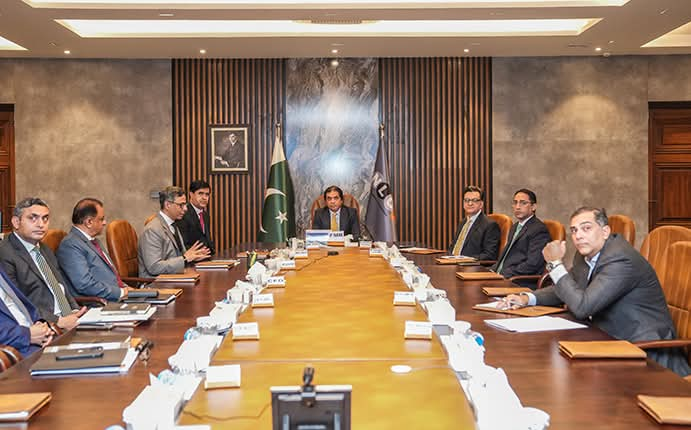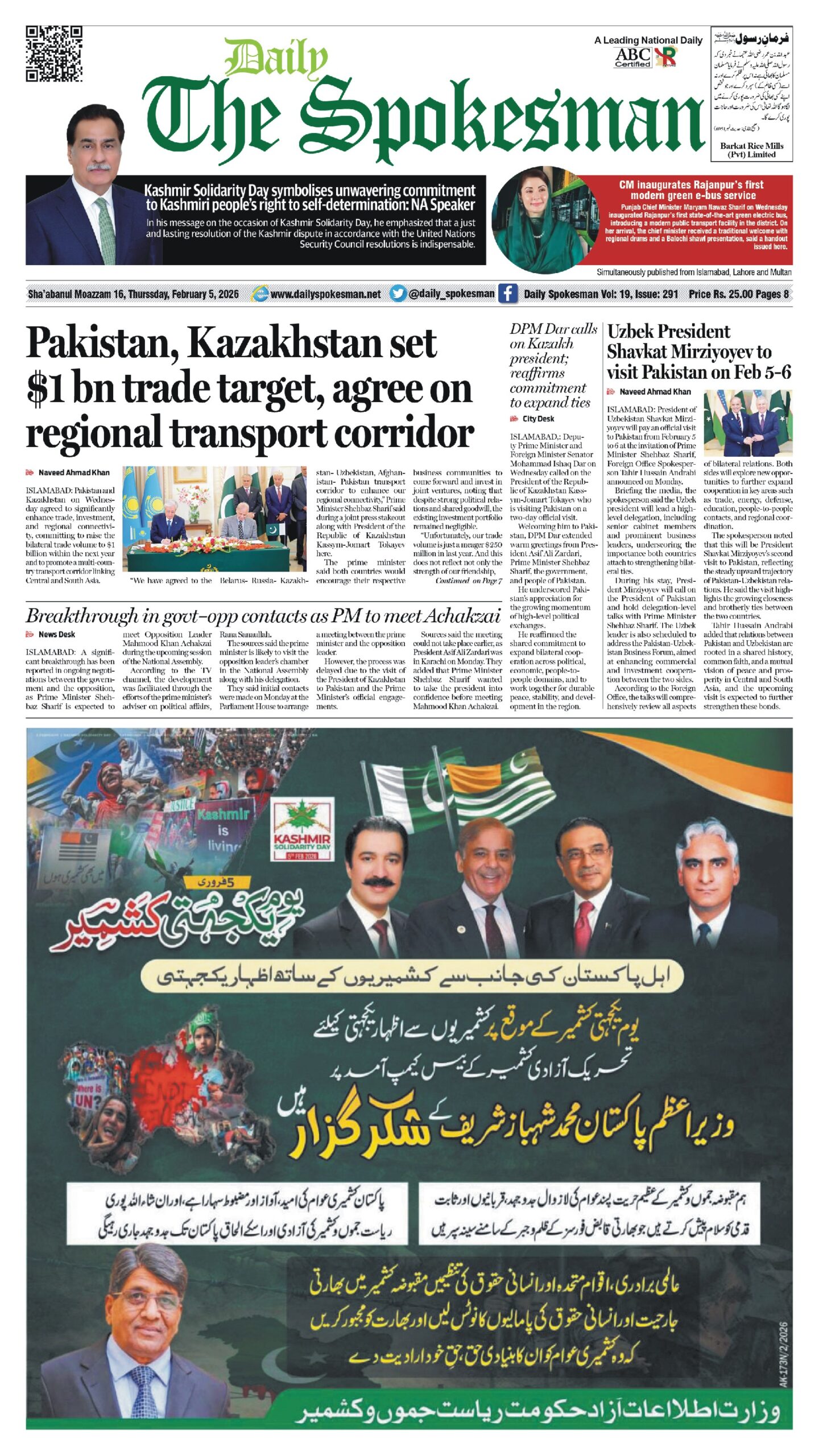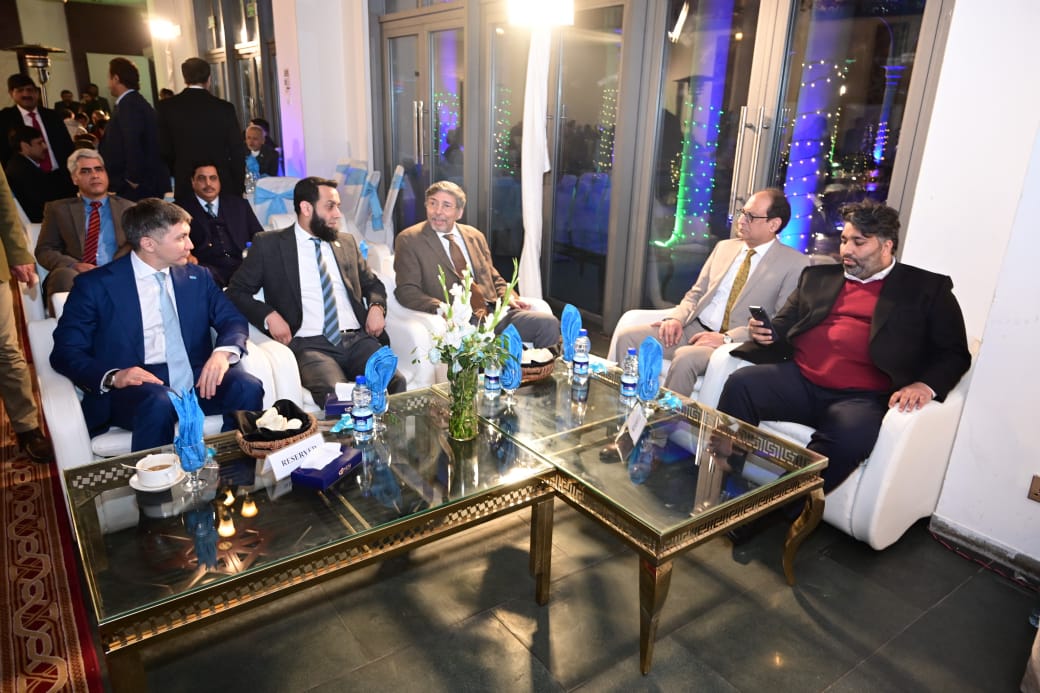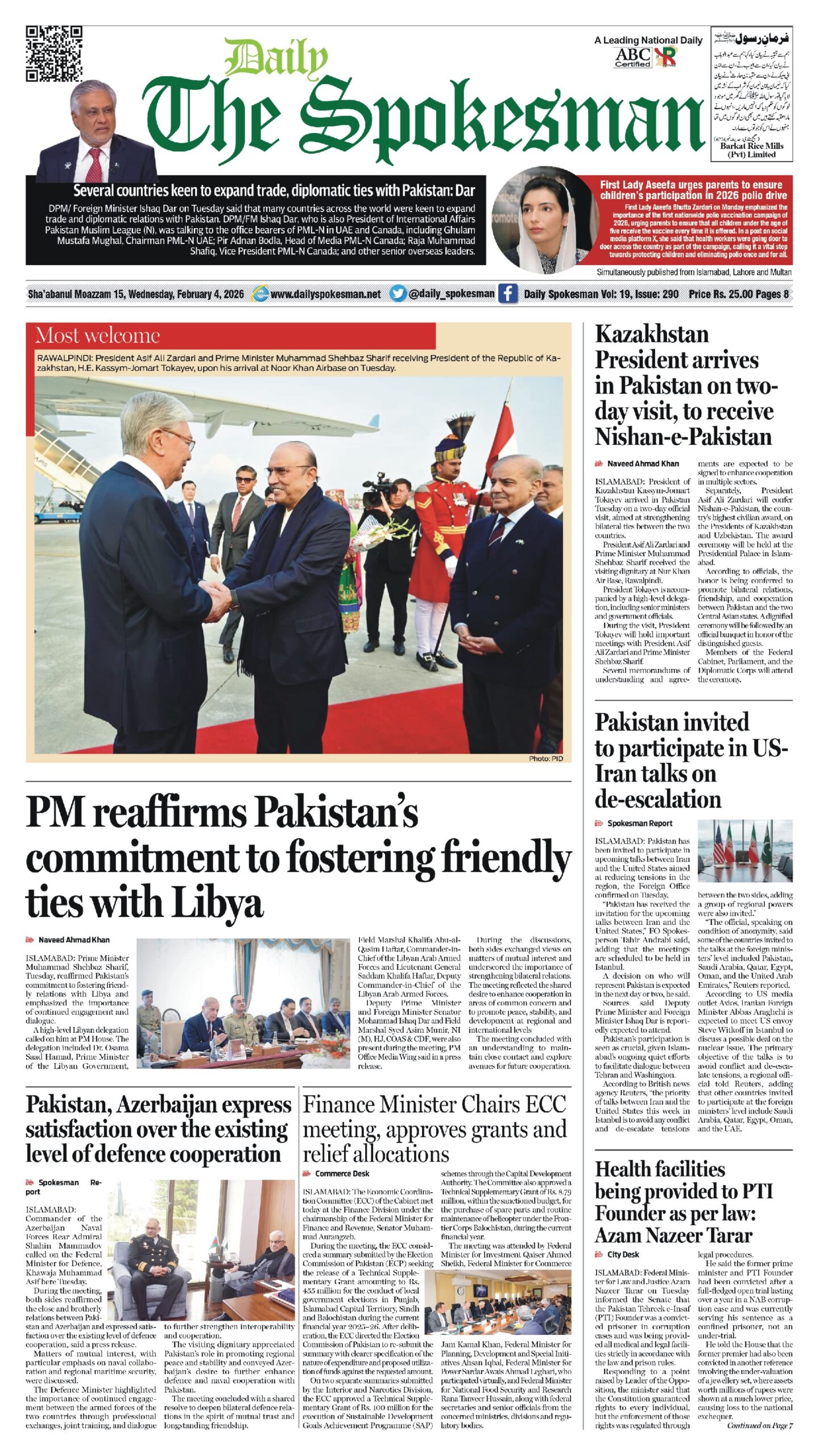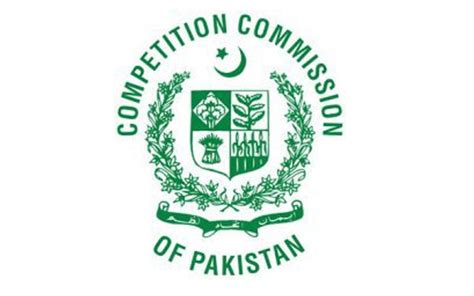
ISLAMABAD :In a major constitutional law development, a three-member Full Bench of the Honorable Lahore High Court, Lahore has upheld the Competition Act 2010 as being constitutionally valid and has dismissed challenges assailing the legislative competence of the Federation to enact a law on competition. The Competition Commission of Pakistan (CCP) acknowledges the support extended by the Federal Government and the office of the Attorney General in resolving the decade-long issue of pending court cases. All three judges of LHC found that Parliament has the legislative competence to enact a law on competition. In minority, Justice Ayesha Malik held that Parliament’s legislative competence, and therefore CCP’s jurisdiction to regulate competition, extends to all inter-provincial as well as intra-provincial matters. Two judges in majority, however, held that while Parliament’s legislative competence extends to inter-provincial trade and commerce, if CCP wants to take cognizance of a matter it shall have to establish that the activity in question has an effect on trade and commerce beyond the boundaries of a province. Focusing on Parliament’s intention, the Full Bench the Honorable Lahore High Court also upheld section 62 of the Act which validated and granted continuity to all actions, orders, proceedings etc. of the CCP since the date of the promulgation of Competition Ordinance 2007. This means that all actions, proceedings, orders of the Commission issued under and since the 2007 Ordinance, and all subsequent ordinances as well as the Competition Act, 2010 stand validated. Petitioners had also assailed the exercise of certain regulatory powers of CCP as judicial powers. The LHC held that exercise of powers of adjudication and enforcement by CCP are part of its administrative law and regulatory powers. These are exercised in a regulatory capacity, and are incidental rather than being core judicial powers. As far as Competition Appellate Tribunal is concerned, the court found in a 2-1 split that the Appellate Tribunal does exercise ‘judicial powers’ and appointment of its members should be under the control and supervision of the Honorable Supreme Court in line with the apex court’s ruling in the Sheikh Riaz ul Haq case in 2013. The Federal Government has been given sixty (60) days to ensure that the ratio of the Sheikh Riaz case is complied with. The judgment represents an enormous moment for constitutional law in Pakistan in general and for Competition Commission in particular. It is also a significant constitutional moment for the determination of powers of federation and provinces over the regulation of economic activity. It is worth mentioning that since 2008, CCP’s enforcement powers had been severely hampered as a result of stay orders obtained by petitioners which included major entities, among others, from the banking, telecom, cement, fertilizer, sugar industries. The historical judgment is the second significant milestone for the Commission as the first one was the transition of Competition law from an Ordinance in 2007 into an Act in October 2010. This was also achieved during the current Chairperson Ms. Rahat Kaunain Hassan’s previous tenure who assumed charge in July 16, 2020. It is noteworthy that in the first three years when she was a Member i.e. 2007-2010 Commission imposed penalty of PKR.7.2 billion which during her previous term as Chairperson i.e. 2010-2013 was taken to PKR.21.63 billion (a total of over PKR 28 billion). In the last seven years, the Commission only witnessed enforcement and imposition of penalty which was less than PKR. 1 billion. The Commission believes that this validation of laws and actions will pave way for effective enforcement and implementation of competition regime. The Attorney General himself appeared on behalf of the Federal Government and the Commission was represented by team of lawyers led by Azid Nafees, Barrister Waqqas Ahmad Mir, Muqtedir Akhtar Shabir and Dr. Azeem Raja, Muhammad Ahmad Qayyum, Rizwan Mushtaq, Ashfaq Qayyum Cheema and Morris Nadeem, Salman Mansoor, Ahmad Hassan Anwari, Babur Suhail, Imran Muhammad Sarwar, Ahmed Hassan Khan, Mehr Muhammad Iqbal and Imran Khan Klair, Nasir Mahmood Qureshi, Amjed Hameed Ghauri, Sultan Qamar Afzal.

